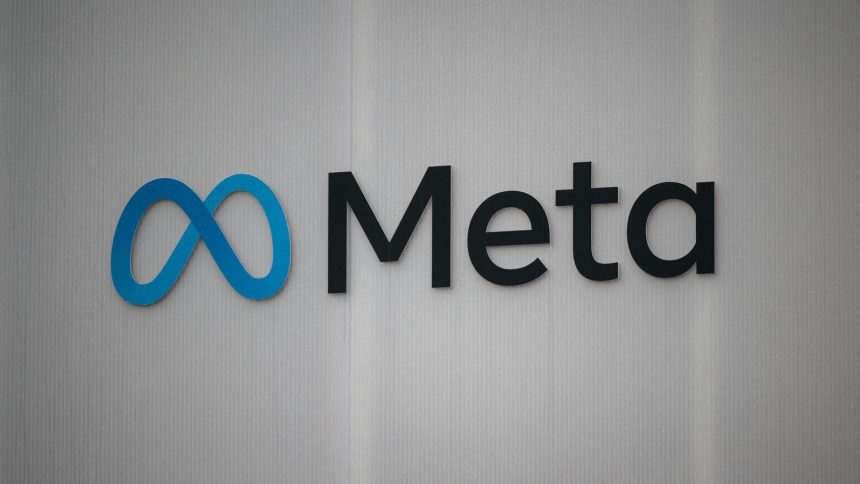The corporate landscape is undergoing a significant shift in its approach to diversity, equity, and inclusion (DEI) programs. Triggered by a confluence of factors, including legal challenges, political pressures, and a surge in conservative activism, numerous companies have opted to scale back or entirely dismantle their DEI initiatives. This trend marks a stark reversal from the widespread adoption of such programs following the 2020 social justice protests sparked by the killing of George Floyd. While some corporations, like Costco, have steadfastly defended their DEI commitments, a growing number are choosing to retreat from these efforts, citing a changing legal and social environment. This shift signifies a crucial moment in the ongoing debate surrounding DEI in the workplace, raising questions about the future of corporate social responsibility and the pursuit of inclusive work environments.
The timeline of these corporate DEI rollbacks reveals a cascading effect throughout 2024, beginning with high-profile companies like John Deere and Harley-Davidson in the summer, gaining momentum through the fall with Molson Coors, Boeing, and Walmart, and culminating in the announcements by McDonald’s and Meta in early 2025. These decisions range from discontinuing specific diversity targets and employee resource groups to completely dismantling DEI departments and ceasing participation in external diversity surveys. The reasons cited often include the evolving legal landscape surrounding DEI, particularly referencing the Supreme Court’s decision on affirmative action, and the increasing pressure from conservative activists and boycotts. This timeline illustrates a rapidly evolving corporate response to the anti-DEI movement and its increasing influence on corporate decision-making.
The motivations behind these corporate actions are multifaceted. The Supreme Court’s decision on affirmative action undoubtedly played a role, creating legal uncertainty around certain DEI practices. However, the impact of conservative backlash, fueled by figures like Robby Starbuck and amplified by social media, cannot be underestimated. Starbuck’s targeted campaigns and boycott threats have demonstrably influenced several companies’ decisions to abandon their DEI initiatives. This demonstrates the power of organized activism in shaping corporate policy, even in the face of potential negative impacts on diversity and inclusion efforts. Additionally, the broader political climate, marked by increasing polarization and a heightened focus on “culture war” issues, has contributed to a chilling effect on corporate willingness to engage in what is perceived as politically charged initiatives.
The arguments against DEI programs often center on accusations of reverse discrimination, claims of forced adherence to “woke” ideology, and concerns about the potential for quotas and preferential treatment. Critics like Bill Ackman and Elon Musk have voiced these concerns, arguing that DEI initiatives can be counterproductive and even harmful. These criticisms resonate with a segment of the public and have contributed to the political pressure on companies to reconsider their DEI commitments. The debate over DEI highlights fundamental disagreements about the role of corporations in addressing social issues and the appropriate balance between meritocracy and efforts to promote diversity and inclusion.
On the other hand, proponents of DEI emphasize its importance in creating more equitable and inclusive workplaces, fostering diverse talent pools, and improving company performance. Organizations like the Human Rights Campaign have criticized the anti-DEI movement, characterizing it as a coordinated attack on LGBTQ+ rights and inclusive workplace practices. They argue that DEI programs are essential for ensuring fair treatment and equal opportunities for all employees, regardless of their background. The ongoing debate reflects differing perspectives on the nature of discrimination and the most effective ways to address historical inequities and promote diversity in the workplace.
The future of DEI in the corporate world remains uncertain. While some companies, like Costco, are resisting the pressure to abandon their DEI commitments, the trend towards scaling back these programs is undeniable. This raises concerns about the potential for a regression in diversity and inclusion efforts and a widening of existing inequalities. The current climate necessitates a nuanced and thoughtful approach to DEI, one that navigates the complex legal and political landscape while remaining committed to the core principles of fairness, equity, and inclusion. The ongoing dialogue and evolving corporate practices will shape the future of DEI and its impact on the workplace.



